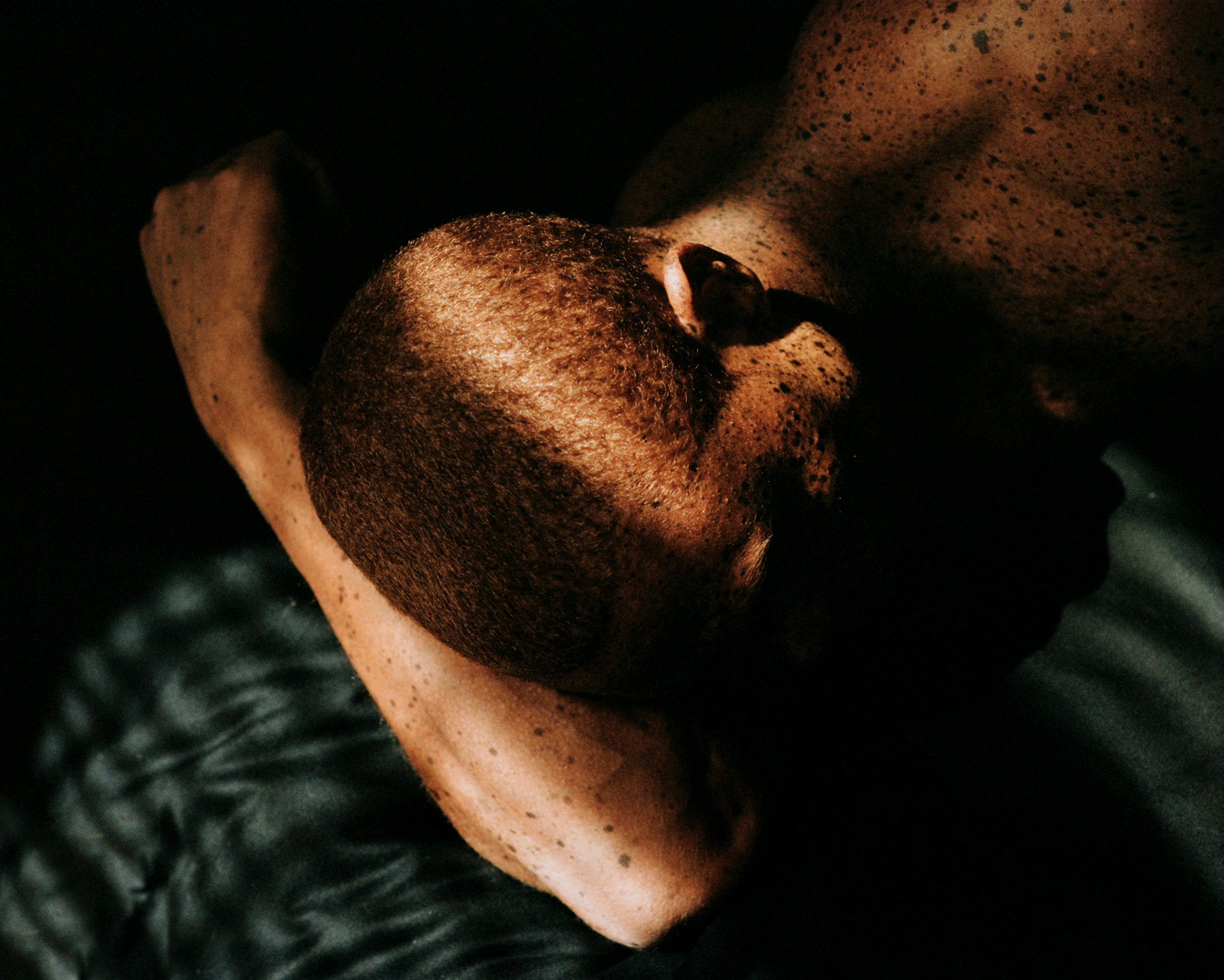Ariana Pradal • 04.04.2019
Sweet Dreams –
Sleep needs routine.
With a little practice and routine, we should be able to sleep like a log: Because if we know more about our sleep and our behaviour, we’re more likely to jump out of bed full of life in the morning. Therefore, our own behaviour before going to bed is crucial.
Sleep is important. Just like good nutrition. Yet we read and talk about it far less often than about healthy eating or sport. In our 24-hour-performance society, many of us want everything to be perfect. That’s why we can never get to sleep at night. Until late at night we’re busy optimising every area of our lives. But if we want to work to our full capacity, we need to sleep soundly.
IKEA has therefore asked around 8,300 persons from Switzerland, Austria and Germany about their sleeping behaviour in a study. This study has shown that 53% of the respondents consider sleep very important. Nevertheless, 39% of respondents do not know how they could improve their sleep. It is also particularly noteworthy that 41% of the respondents do not sleep well during the week, and around a third constantly have problems falling asleep. Does this sound like you? Because it doesn’t have to be like that.
Pneumologist and somnologist Tsogyal Daniela Latshang deals with the sleep of Swiss men and women on a daily basis. She is the head physician at the Graubünden Hospital in Chur, and manager of the Department of Pneumology and Sleeping Disorders. In an interview she gives us an insight into this mysterious condition, as well as some advice on how we can improve our own sleep and ensure that it does not become a worry but a source of energy.
Ms Latshang, why is sleep so important?
During sleep the body shuts down its system. The pulse and the blood pressure fall, and breathing and brain activity are reduced. But there’s a lot of activity in other places: For example, the nerve cells interconnect and reinforce themselves, and in the brain metabolites are discharged. This means that, in our sleep, we strengthen and cleanse ourselves at the same time.
What actually happens when we sleep?
While we sleep we go through four or five sleep cycles. One cycle lasts around 90 minutes. The dream phase, light sleep and deep sleep alternate with each other. Our sleep is the deepest at the beginning of the night, the dream phase increases towards morning, when our sleep becomes shallower. The quality of our sleep is also influenced by our age. New-born babies sleep more frequently, longer and more deeply. But as we become older, our nerve cells are less capable of forming the deep waves that we need for deep sleep. Thus, sleep is often superficial in elderly people.
What triggers sleep?
We have two systems within us. When both of these systems meet, we sleep. The first one is our inner clock, and this corresponds to approximately 24 hours. This inner clock reacts to day and night, light and dark. Sleep hormones are produced in the dark. This is why we sleep better in the dark than in the light. The second system that affects our sleeping behaviour is the homeostasis, or, in other words, the sleep pressure. This means we accrue tiredness. The more tired we are, the sooner sleep is triggered. If someone has a sleep disorder, they should not practise any excessive sport, eat much or drink alcohol, hold debates, take certain medications, or be exposed to the blue light of electronic devices in the evening. Because all of these things hinder the formation of sleep hormones or prevent sleep.
What are the conditions I can influence to enable me to sleep well?
Sleep needs routine. What works best is a ritual that the body recognises and then knows that now comes the “Sleep Pattern”. A room temperature of between 16 and 18°C is also a good thing. The bedroom should be dark and quiet, to enable people to relax and generate the sleep hormone. The best thing is to end the day two hours before going to bed and to relax. Don’t keep looking at the clock if you wake during the night. It’s better to get up, do something to relax you and only go back to bed when you’re feeling tired.
Do the Swiss suffer from sleep disorders?
25% of the Swiss population suffer from sleep disorders. The most common disorders are problems falling asleep and/or sleeping through the night, and sleep-associated breathing disorders, which are so strong as to have an impact on our everyday life. Optimal sleep hygiene, relaxation exercises or a respiratory mask (if someone has sleep apnoea), for example, could help people to sleep through the night. Sometimes, however, only a minor adjustment is needed for a person to sleep better. This could be, for example, no longer smoking during the evening, or always going to bed and getting up at the same time.
Something that is repeatedly mentioned as a cause of poor sleep is digitalisation: being constantly accessible and the use of mobile phones. Is that true?
The 24-hour society has definitely affected our sleep behaviour. Using our mobiles in bed, for example, can become addictive, and is a fairly new problem, which may lead to sleep disorders, because we don’t switch off. Nor do we know how the electronic rays affect the brain. The fact that they influence brain waves, however, can be seen and measured. We should therefore turn off our mobiles at night for two reasons: to sever our accessibility and to eliminate electrosmog.
Photography: Flora Hanitijo
